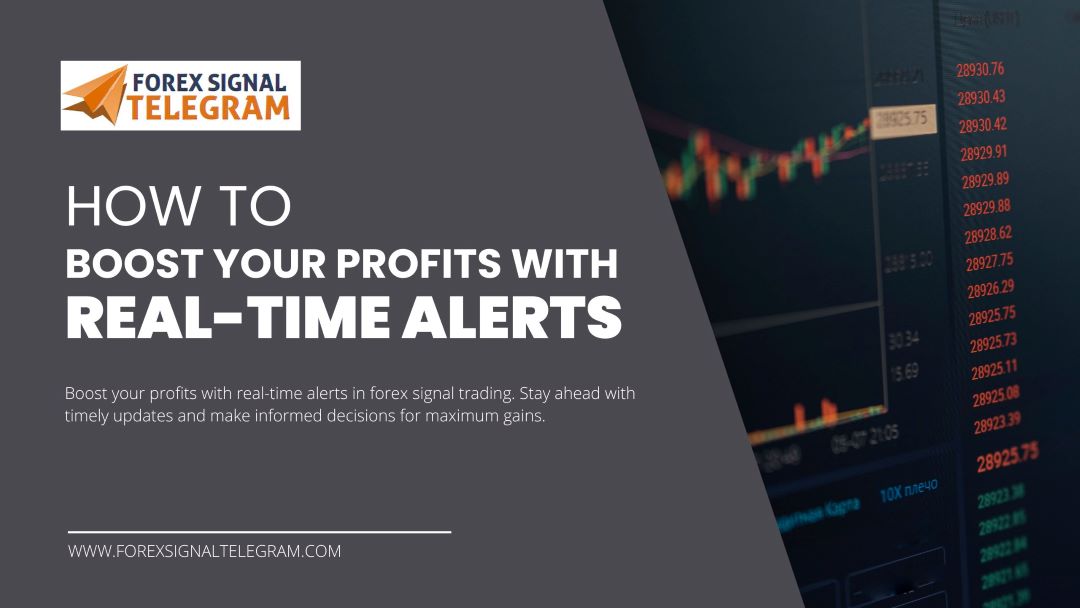
In the fast-paced world of forex trading, making informed decisions quickly can mean the difference between profit and loss. One powerful tool that traders use to stay ahead of the curve is forex signal trading. This method leverages real-time alerts to guide traders through market movements, helping them to make timely and profitable trades. In this blog, we will explore how forex signal trading works and how you can use it to boost your trading profits.
Forex signal trading involves the use of signals to determine when to buy or sell currency pairs. These signals are generated based on various factors, including technical analysis, economic news, and market trends. Signals can come from professional traders, automated trading systems, or specialized signal providers.
- Signal Generation: Signals are created by experts or automated systems that analyze the forex market. They use a combination of technical indicators, historical data, and market news to predict future price movements.
- Signal Delivery: Once a signal is generated, it is delivered to traders through various channels such as email, SMS, or apps like Telegram. Real-time delivery is crucial as forex markets can change rapidly.
- Trader Action: Upon receiving a signal, traders can decide to follow the advice and execute the trade. This process requires quick decision-making and sometimes automated trading systems are used to execute trades instantaneously.
– Time-Saving: Forex signal trading saves time by reducing the need for traders to perform their own in-depth market analysis. Traders can rely on the expertise of signal providers.
– Expert Insights: Signals are often generated by experienced traders or advanced algorithms, providing insights that might not be obvious to less experienced traders.
– Real-Time Alerts: Real-time signals allow traders to capitalize on market opportunities as they arise, maximizing potential profits.
– Diversification: Following signals from multiple sources can help diversify trading strategies and spread risk.
Not all forex signal providers are created equal. Here are some factors to consider when choosing a provider:
– Track Record: Look for providers with a proven track record of accurate signals and consistent profits.
– Transparency: Providers should be transparent about their strategies and the success rates of their signals.
– Cost: Consider the cost of the signal service relative to the potential profits. Some services offer free signals, while others charge a subscription fee.
– Customer Support: Good customer support can be crucial, especially for new traders who may need guidance on how to use the signals effectively.

To make the most out of forex signal trading, consider the following tips:
- Educate Yourself: Even if you rely on signals, having a good understanding of forex trading principles can help you make better decisions.
- Risk Management: Always use risk management strategies such as stop-loss orders to protect your capital.
- Stay Disciplined: Follow the signals consistently and avoid making emotional decisions.
- Monitor Performance: Regularly review the performance of the signals and adjust your strategies as needed.
Forex signal trading can be a powerful tool for boosting your trading profits. By leveraging real-time alerts from experienced traders or sophisticated algorithms, you can make more informed and timely trading decisions. Whether you are a novice or an experienced trader, incorporating forex signal trading into your strategy can help you stay ahead of the market and achieve your financial goals.
For those looking to delve deeper into forex trading and maximize their profit potential, exploring the world of forex signal trading might just be the key to your success. Start by choosing a reliable signal provider, educating yourself on trading fundamentals, and always practice sound risk management.
